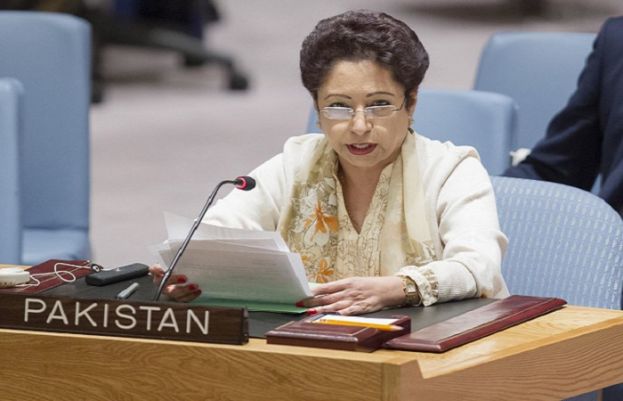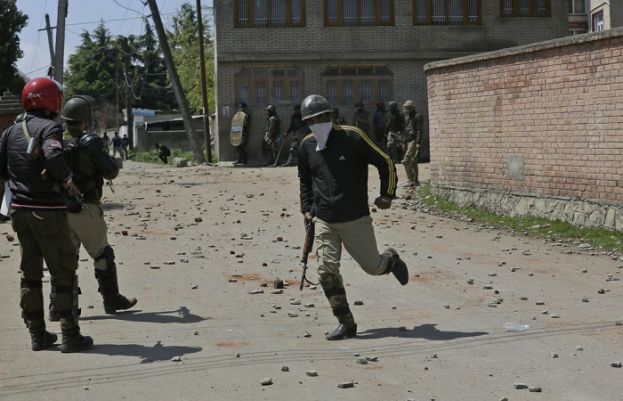Pakistan's permanent representative to the United Nations (UN) Dr Maleeha Lodhi on Saturday denounced the international community's double standards in the implementation of its international obligations to protect civilians and prevent crimes against humanity.
While speaking in the General Assembly debate on 'Responsibility to Protect and Prevent Crimes against Humanity', the Pakistani envoy said "selectivity" has meant that egregious crimes, including killings and mass blinding, claim innocent victims in Indian-occupied Kashmir in full view of the international community.
“The tragic victims in occupied Jammu and Kashmir suffer the further indignity of living under an illegal occupation,” she said.
Lodhi also referred to the grave situation in Palestine, where the failure of the international community to uphold these norms has been what she called “most manifest and telling.”
As the killing fields of Gaza were drenched in the blood of over 130 innocent Palestinians, including countless women and children, she said, the Security Council stood as a silent bystander to the plight of the long-suffering Palestinian people.
The Pakistani ambassador further added that in the current times, the world should not be selective in its approach, such as being provoked at some transgressions while choosing to wilfully ignore others.
“Against this backdrop, calls for accountability of double standards and selectivity, especially when egregious crimes including killings and mass-blinding are being committed in full view of the international community”, she asserted.
“We should neither attempt nor accept any artificial duality between the twin imperatives of legitimacy and legality."
Responsibility to Protect
While stressing that the notion of the Responsibility to Protect stands on more tenuous ground today than ever before, Ambassador Lodhi said that decisions taken by the international community have, in this regard, often failed the test of the highest standards of objectivity and impartiality.
She called on the world body for implementation of consistent and uniform standards and emphasised collective responsibility to prevent these grave crimes.
“The 'will' of the international community, in particular, the permanent members of the Security Council, is crucial”, she said, adding that this was particularly important to address the issues of permissibility of actions and to ensure their consistency.
This masquerade of political expediency posing as high-flowing idealism, she said, has meant that resultant actions have lacked the legal and moral legitimacy to gain wider acceptability.


























